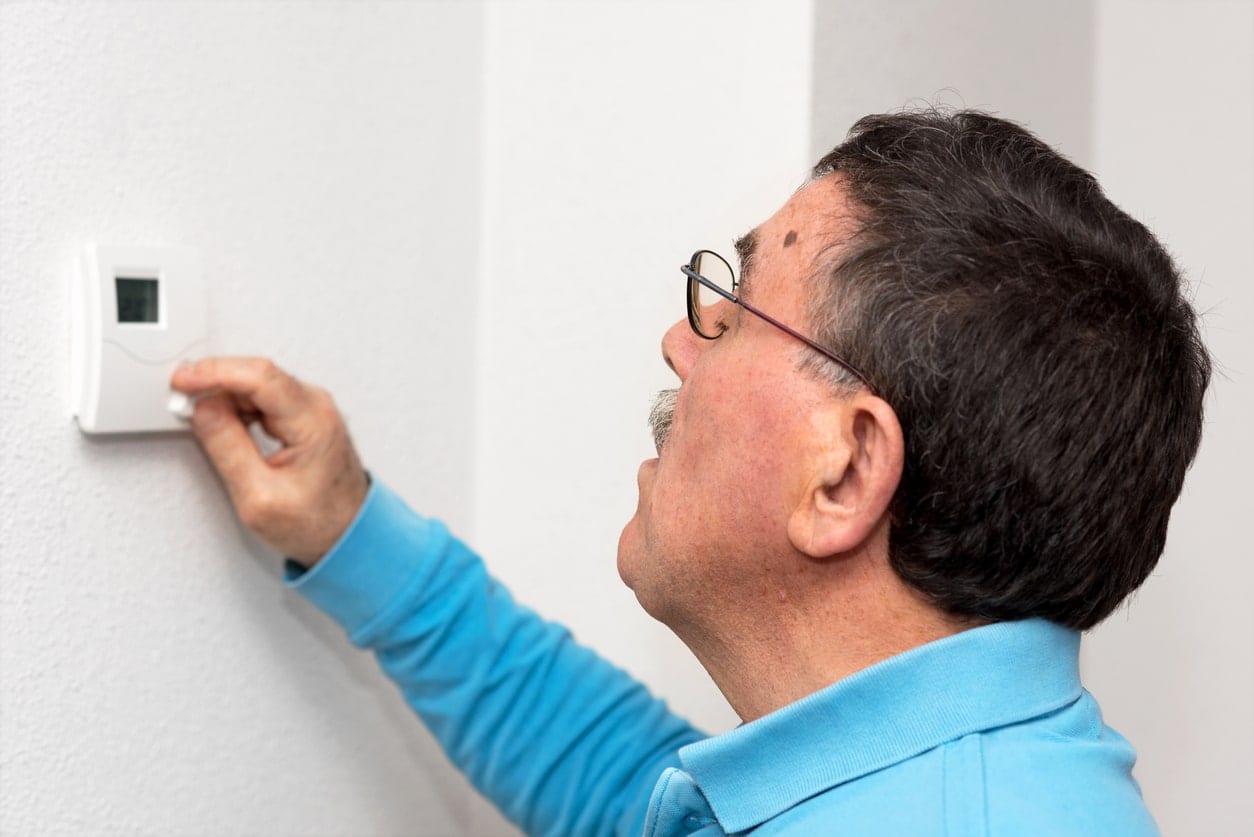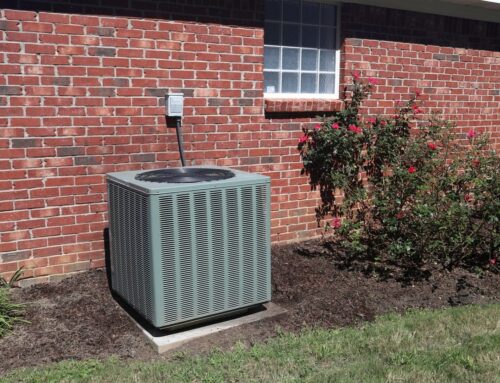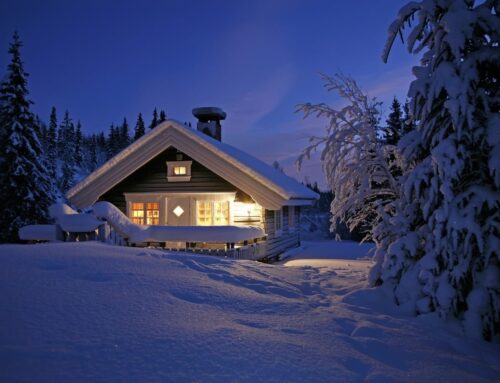
Have you ever wondered if you should be turning your heat down, turning it off, or leaving it alone when you leave the house? This article from SF Gate has your answer.
Is it Cheaper to Leave Central Heat Running All the Time?
Every little bit of energy you conserve equals savings on your utility bills. Given that a central heating system is the greatest energy consumer in your home, energy efficiency begins with your furnace. But will turn off your furnace at various times save you money or cost you more? The answer might surprise you.
The Myth
Conventional wisdom holds that it costs more to heat a home up than to keep it warm, and your furnace works harder to do it, too. Conventional wisdom is wrong. First of all, a furnace doesn’t actually work “harder” — it merely works longer.
The colder the house is, therefore, the longer your furnace will run to reach the temperature you desire. Additionally, it doesn’t cost more money to heat your house back up after turning down your temperature, no matter how long the house went without heat or what temperature it reaches.
The Reality
The fact of the matter is, it takes about as much energy to reheat your house to the previous temperature as the amount of energy conserved while the temperature was dropping. While that sounds like a net-zero savings, there’s a catch: Where the energy savings comes in is during the period between when the heater is turned off and the house has cooled as much as it can, and when you turn the heater on again.
Consequently, the longer your home remains unheated, the more energy you save.
The Savings
Most people are aware that keeping your home a little cooler in the winter and warmer in the summer lowers the utility bill. As a result, many consumers set the thermostat to 68 degrees in the winter, and 78 degrees or higher in the summer. Although it helps, it’s but a drop in the bucket in comparison to what you save when you turn your furnace back or even off during set time periods.
Simply lowering your heat 10 to 15 degrees for eight hours a day could save you anywhere from 5 to 15 percent of your energy costs each year, according to the U.S. Department of Energy, or about 1 percent for each degree you turn back the thermostat. Of course various factors, such as your insulation level and the temperatures outside, factor into the exact amount of savings.
Furnace Setbacks
Turning back your thermostat, or even turning off your furnace, to save energy is referred to as a “setback.” If you have an older thermostat, you have to do this manually. Newer programmable thermostats — sometimes called “setback thermostats” — make it even easier. Setback thermostats are mandatory in California for new construction. To use a setback thermostat, just set the temperature and schedule you desire and leave the rest to the thermostat. Try setting the temperature to 55 degrees when you’re away for more than a few hours or when you’re asleep.
Check to ensure the thermostat is compatible with your furnace type before purchasing. Heat pumps, in particular, need a special thermostat or setbacks may actually make the system more inefficient.
Click here to view the original article.
Save More, Stay Informed!
Sign up for our newsletter and be the first to receive:
✅ Exclusive Sales & Rebates on Mitsubishi Heat Pumps.
✅ Industry News and Expert HVAC Tips.
✅ Updates That Help You Save Energy and Money.





